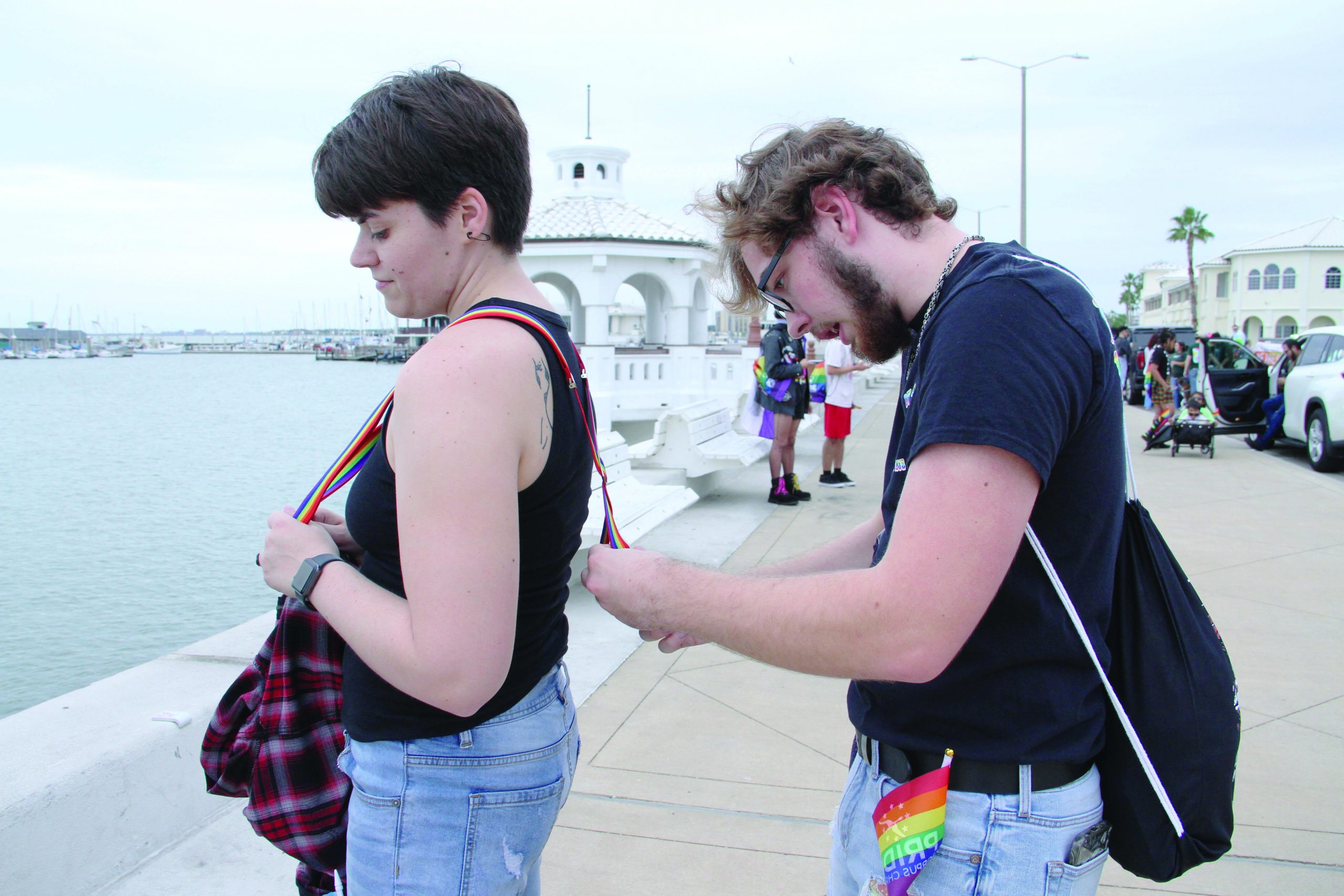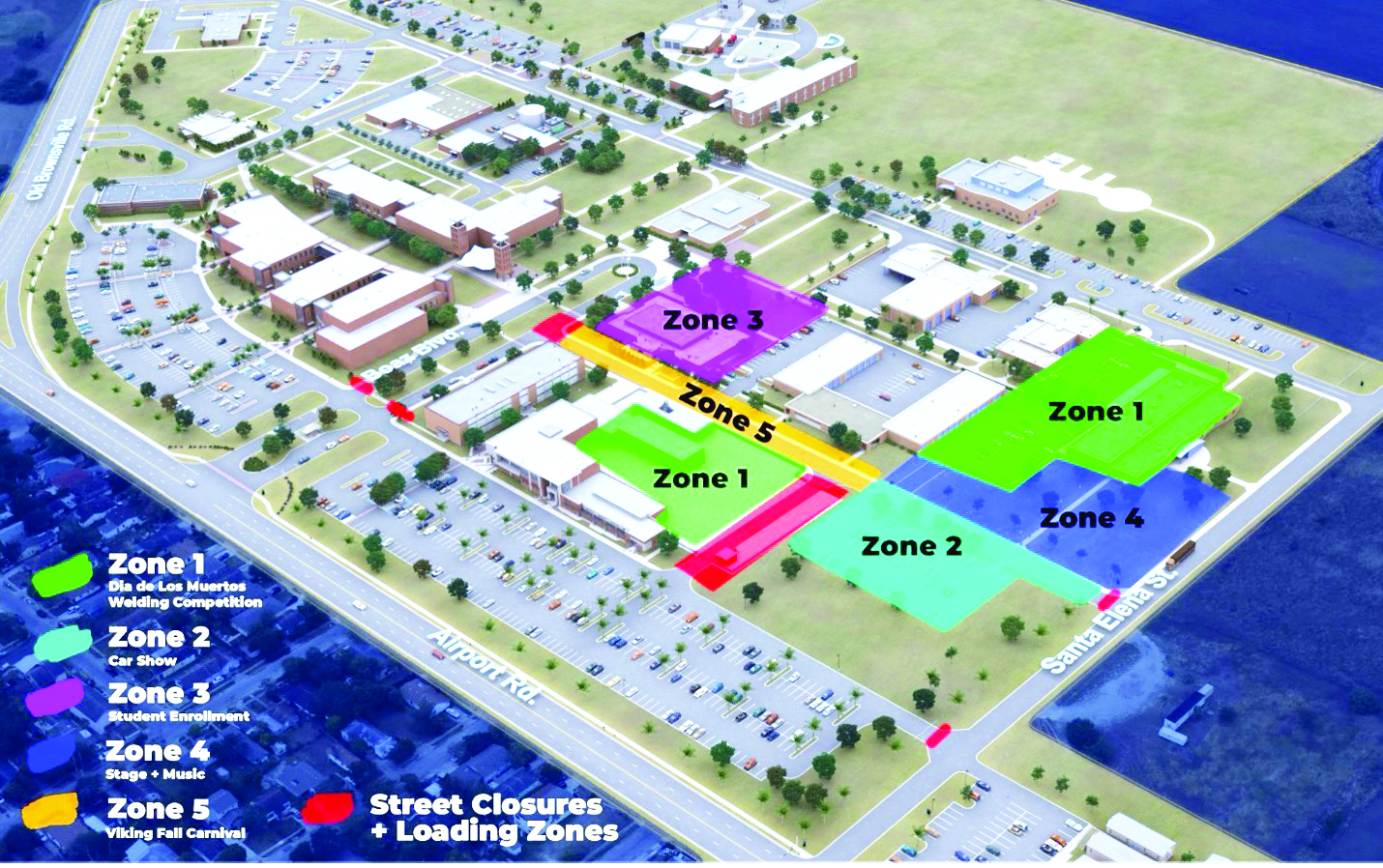As technology allows us to get online from anywhere in the world, it also lets hackers steal our information with ease.
Experts say by taking just a few simple steps you can help prevent private information from falling into the wrong hands.
“The main thing a lot of people will tell you is to set your passwords to more complex things,” said Zack Spohn, an IT networking administration major. “Of course do not include your birthday or similar private information.”
Spohn has been working in information technology networks since October 2016. He said he has learned a lot by working with Del Mar through hands on experience, and has even set up security protocols for the school.
Users can make their wireless networks private as well. Through public networks people have the opportunity to obtain computer IP addresses. An IP address identifies a device on a local network, will show the exact location the user is at, and allows other computers to send and receive information. IP addresses are assigned to a user’s internet connection by their service provider.
“If anyone gets into your IP address you’re kind of screwed,” Spohn said. “People can get into your internet from there and get into basically whatever is on your computer such as photos and emails.”
Spohn recommends using a VPN, virtual private network, to encrypt data and boosts security by obscuring IP addresses.
Facebook, Twitter and Instagram users have the option of making their data private. This prevents random people from seeing what is posted unless users allow access via friend or follow request. Check privacy settings to determine what exactly is shared.
Emails are known for receiving spam, but they can be set up to where spam can be automatically sent to the trash folder. Beware of spam that is sent by hackers or scammers.
“Keep an eye out and make sure nothing looks fishy before clicking on a link,” Spohn said. “By clicking on the link is usually how other people get into your computer. They can plant viruses and receive your information such as your contacts.”
Protecting privacy is all up to how the user decides to share their personal information.
“I keep everything to myself and don’t share passwords. I also make everything private on social media,” said Nadia Barrera, a criminal justice major. “I don’t feel protected on social media because every time I talk about something an ad pops up for it.”
Analissa Naranjo, a child development/early childhood major, suggested not putting your location on Facebook.
“I don’t always feel safe on social media because there are people that make fake accounts just to find you,” Naranjo said.




